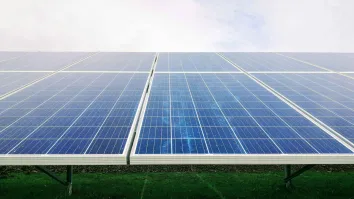India faces urgent need to diversify mineral sources
The rising demand and import dependency drive the need for secure mineral supply.
India’s critical mineral dependency presents significant risks to its energy security and economic stability, warns a recent report by the Institute for Energy Economics and Financial Analysis (IEEFA).
With demand for minerals such as lithium, graphite, and nickel expected to more than double by 2030, experts stress the need for India to diversify its sourcing strategy to reduce reliance on a limited set of supplier countries.
“Critical mineral demand is expected to more than double by 2030, and domestic production is probably going to take up to a decade to start producing,” said Kaira Rakheja, Energy Analyst at IEEFA. She explained that India’s current reliance on a few mineral-rich nations creates vulnerabilities.
“The global reliance on a small amount of mineral-rich countries, particularly for minerals such as lithium, cobalt, and rare earth elements, exposes India to supply risks due to high geopolitical tensions and trade policies,” Rakheja added. This dependency, she warns, threatens both India’s national security and economic stability.
To address these vulnerabilities, Charith Konda, Energy Specialist for India Mobility and New Energy at IEEFA, suggested a multi-step approach to diversifying mineral sourcing.
He outlined an initial focus on identifying the minerals most at risk. “We need to really look into these 30 critical minerals that we have identified...and map it as per their import dependency and geopolitical risk exposure,” Konda explained.
Once these minerals are mapped, the next step involves exploring new sources among “friendly nations” that hold these resources but lack the infrastructure for extraction. “India could really look into these nations and regions and could develop investment partnerships along with these countries,” Konda suggested, citing Ghana, South Africa, and Australia as potential partners.
Additionally, he recommended strengthening India’s involvement in international partnerships, such as the Mineral Security Partnership (MSP) and the Quad, to access diversified and secure mineral sources.
“Rising mineral demand also warrants that India should develop a domestic mineral resources strategy as well to avoid excess dependence on imports,” Konda advised. This strategy, he suggested, would involve an exploration and production policy, designed to attract private and international investment, as well as support for technology development within India.



















 Advertise
Advertise







Commentary
What a $635b investment push could mean for India’s refineries and thermal power plants